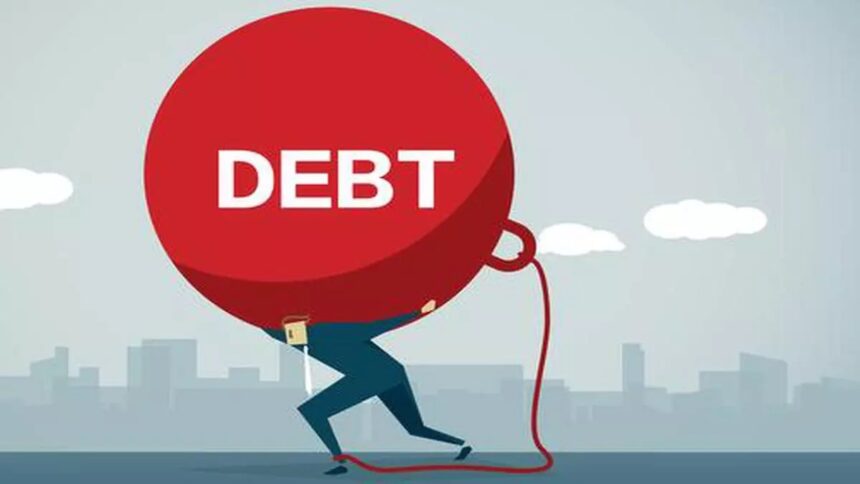The cost of servicing Nigeria’s foreign debt has risen by 107.7%, reaching ₦3.8 trillion and exceeding the 2024 budget projections for January to August 2024.
When it was presented before the National Assembly and signed into law by the President, the 2024 budget had a projection of ₦1.8 trillion for debt servicing. However, the figure has surged to 3.8 trillion, indicating an increase of 107.7%.
The rise in foreign debt servicing cost indicates a challenging fiscal situation of Nigeria with potential consequences for the country’s economy.
The public debt stock and servicing cost had surged to a new high due to the falling value of the Naira and increased borrowing at a very high domestic lending rate. The depreciation of the Naira has spiked the cost of servicing foreign debts, putting a major strain on the nation’s finances. In fact, as at March this year, the debt to GDP ratio had risen above 50% indicating a worrying trend for the nation’s economic viability.
- Advertisement -
The fluctuating global oil prices, production challenges and the problem of crude oil theft has also affected Nigeria’s oil revenue. Although the country has been able to increase its daily oil production, it must increase its non oil revenue to boost economic growth and reduce dependence on external borrowings.










